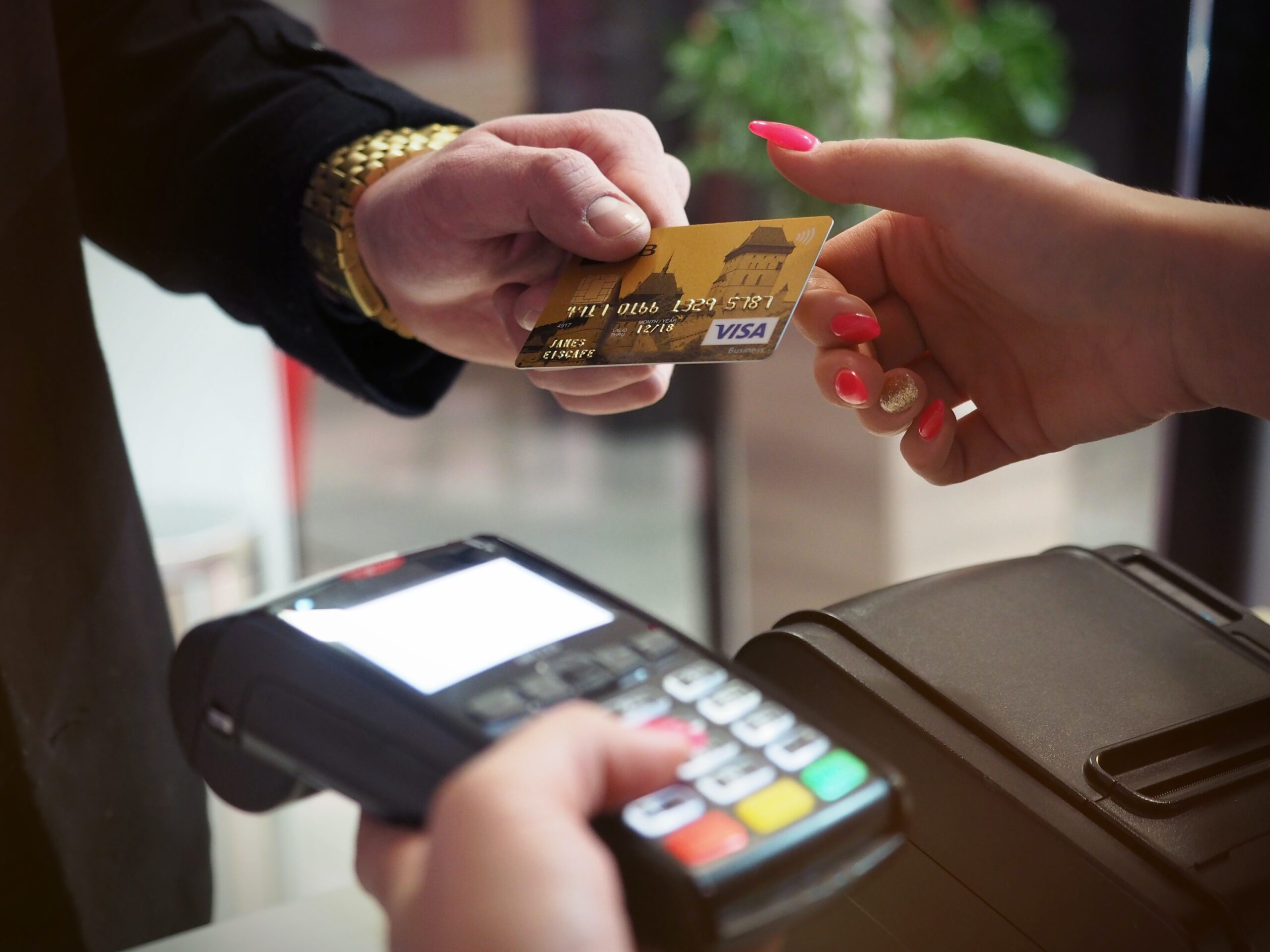How Credit Card Transaction Processing Works?
The credit card transaction processing system is highly efficient and connects the buyers, issuers, and acquirers. Each of these players plays a unique role in the overall scheme of things and ensure that credit card transactions run smoothly.
In order to process a credit card transaction, there are three entities: the Acquiring bank, the Issuing bank and the Cardholder. Let’s take a closer look at their interactions to create this scheme.

The Payment Scheme
The following relationship is typical for credit cards:
A single card can have multiple merchants, while a merchant may have multiple acquirers. An Acquirer is able to serve multiple Issuing Banks, while a Cardholder can only have one Issuer.
The Issuing Bank
These banks offer credit cards to their customers through a service agreement with the card operator. These banks offer rewards and incentives to cardholders to encourage them to transact more via these programs. All transactions made by a customer are stored in the database. This allows the issuer to know what type of transaction high-value spenders make so that it can tailor its offers accordingly. It also sends monthly billing statements to customers and collects payments against these statements.
The Cardholder
Any person authorized to use a credit card is a cardholder. The cardholder’s transactions are processed between his/her bank (the Issuing Bank), and the merchant bank (the Acquirer). Only three parties are involved in every transaction: the cardholder, acquirer, and issuer. The acquirer facilitates payment on merchants’ behalf, while the issuer provides funds to cover a credit limit. One transaction may involve more than one acquirer. In this case, they will split the costs equally.
The Merchant
Merchants are any entity that accepts credit cards for payment for goods and services. These could include restaurants, grocery stores, clothing shops, etc. To facilitate smooth transactions, the merchant will be connected with one or more acquirers. The acquirer will usually have a contract that the merchant and the acquirer sign. This contract establishes the terms and conditions for both parties to follow in the event of non-payment or late payments.
An Acquirer
The intermediary between Issuing banks and merchants is the Acquirer. Under a business agreement, they offer card acceptance services. This may include the establishment and maintenance of point-of-sale terminals to accept credit cards at their premises as well as transaction processing software that is required to process transactions at offline locations like petrol stations, markets, etc. Through intermediaries, called sub-acquirers, acquirers can serve multiple issuers.
Credit Card Transaction Process
Let’s take a closer look at the actual process. The cardholder (the person) makes a request to the merchant for goods and services. On an electronic form, the cardholder submits the following information to the merchant: name, account number, expiration and security code on the back of his credit cards. After completing all terms and conditions, including payment, the merchant transmits an electronic authorization message to acquirer along with these details through their POS terminal. This immediately alerts both of those involved in fraudulent activity. You can also send this via EDC, or the Internet Gateway.
The acquirer then forwards the authorization request back to the issuer, who will verify authorization and money availability. If everything is correct, the acquirer will send the authorization code to the issuer. This code is then forwarded to the cardholder’s (issuing bank) bank. This message will also include details about transaction processing fees and any other charges that will be added to this amount. This authorizes a merchant for goods/services to be provided against credit card payment.
The actual purchase takes place with the merchant providing goods/services for cardholders and receiving payment in return via electronic transfer via their Acquirer. If required, a paper receipt will also be provided. This section does not contain credit card numbers, or any related information.
The merchant then submits an electronic sale draft together with details about the transaction to Acquirer, who forwards it to the card-issuing bank. After verifying the amount, the issuer sends an email message to Acquirer. This in turn authorizes the acquirer to sign off on the transaction by sending an EDC or Internet gateway receipt.
The entire process takes less than a minute. However, it is possible to complete the transaction faster.
You may be looking for a credit processing company to process your online or brick-and-mortar credit cards Balanced Processing Partners might be the right choice. Our partners offer merchant accounts, gateway solutions and value-added service for your business. We can tailor to meet your business’s needs. Contact us at (800) 354-6256, or via email. [email protected].
